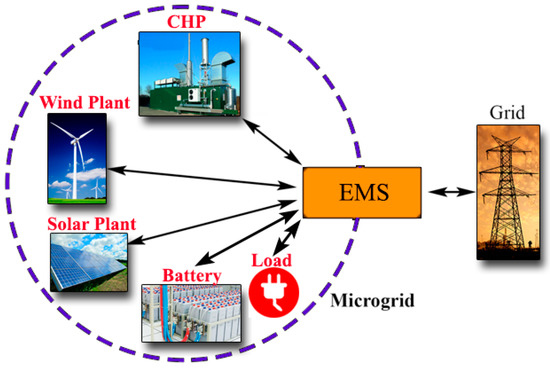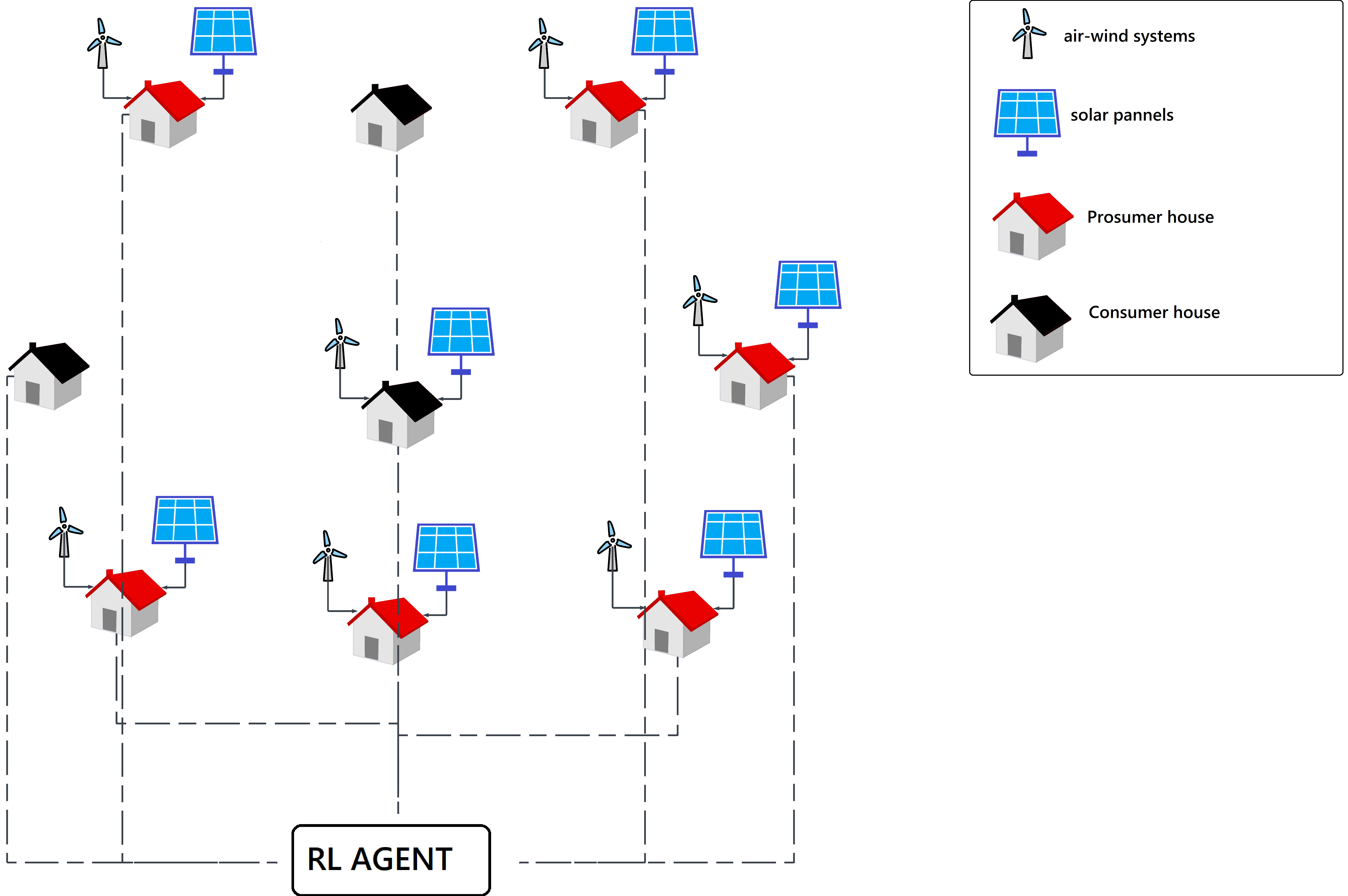- Citations








The promising advances in the field of renewable energies, namely, the new records of efficiency in solar panel and air-wind systems, coupled with the capabilities of prosumers and consumers to exchange energies at the individual levels, allow us to enhance the management of renewable energy and better integrate it with conventional power systems. In our works, we proposed a peer-to-peer (P2P) energy trading system for managing energy exchange within a microgrid, aiming to to reach an equilibrium in the welfare of the consumers and prosumers.


Our primary objective is to establish fairness in transactions. To achieve this, we have two key tasks: firstly, determining the most equitable price based on the microgrid's current state, and secondly, distributing energy in a fair manner. In order to tackle the challenge of energy trading within the microgrid, we conducted an extensive investigation into the potential benefits and challenges associated with implementing an agent that utilizes deep reinforcement learning in a continuous case, as well as a game-theoretic approach.
A microgrid is a localized electrical system that can operate independently or in conjunction with the traditional power grid. The main objective of a microgrid is to provide a reliable and efficient electricity supply to its members. The benefits of using a peer-to-peer system to manage electricity exchanges within a microgrid are multiple. Among them, we can mention that it uses mostly renewable energies produced from solar panels or wind. Moreover, it improves the resilience of the microgrid because by using a distributed system, we reduce connexion problems and even when one node is down, another can still provide power. It also reduces the dependence on centralized energy providers and allows them to trade directly with other members within the microgrid without the need for a centralized third party.
To optimize the welfare of every microgrid member, two key aspects must be addressed. First, it is necessary to establish equitable access for all participants and develop a system that transparently and fairly allocates the available energy from the consumers to the prosumers. This allocation process should consider factors such as energy demand, and energy generation. Secondly, implementing a fair and transparent pricing mechanism is essential for promoting fairness within the microgrid. By accurately reflecting costs, market conditions, and the value of energy, this pricing approach will promote fair transactions and encourage efficient energy use.